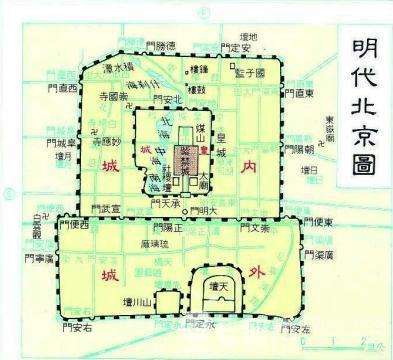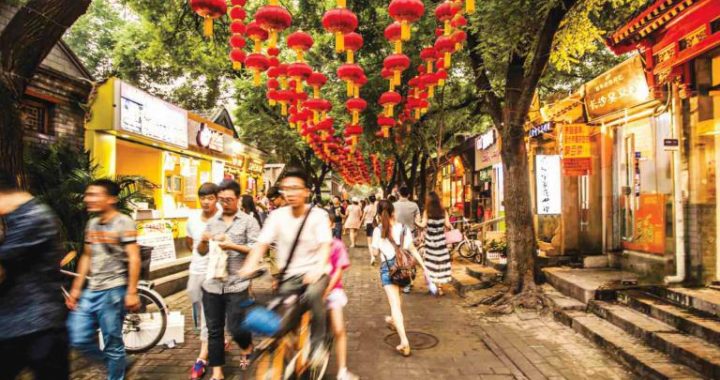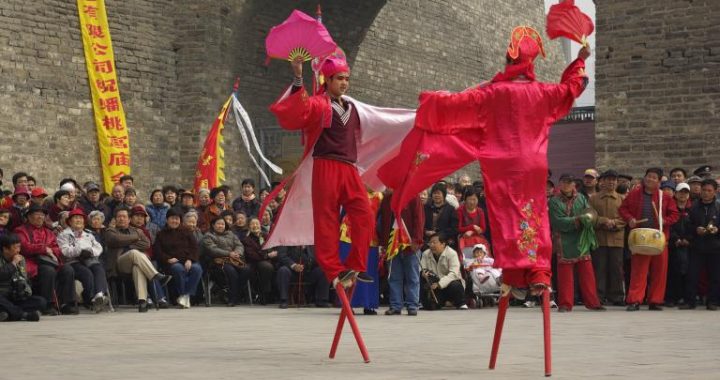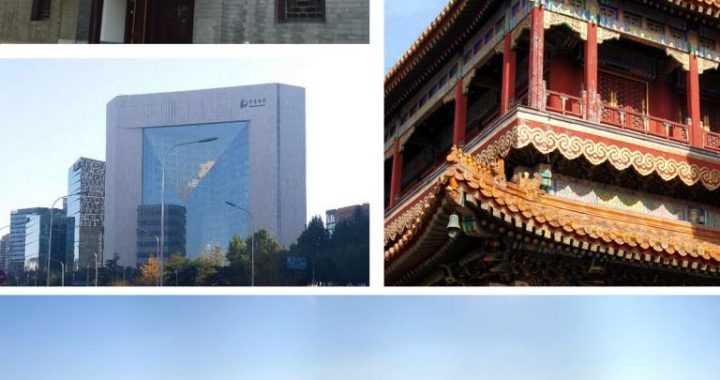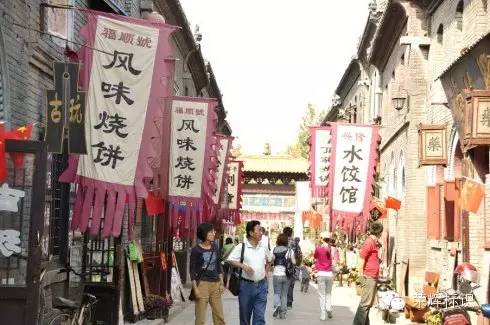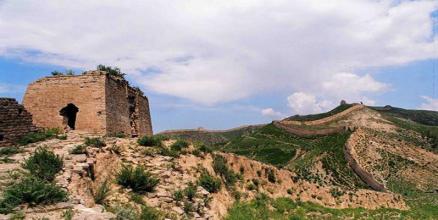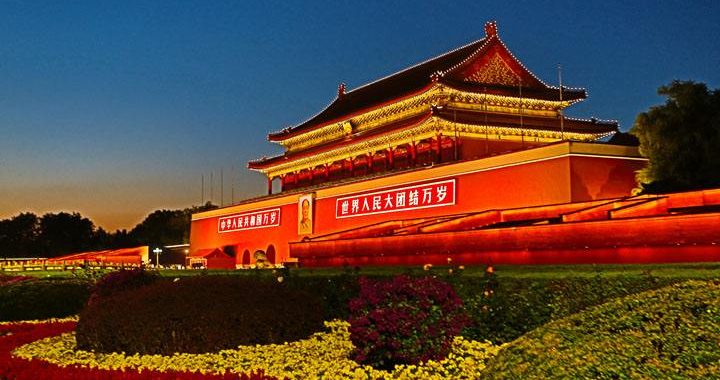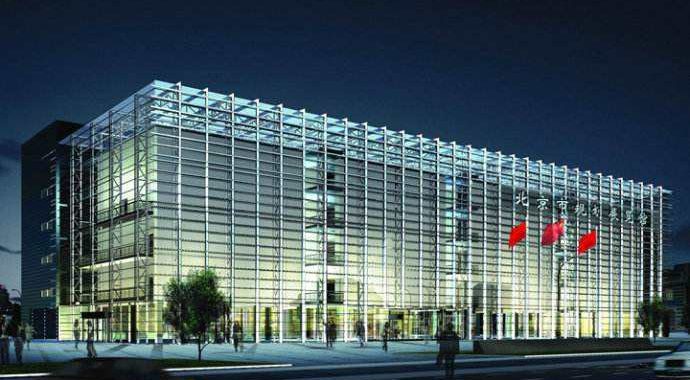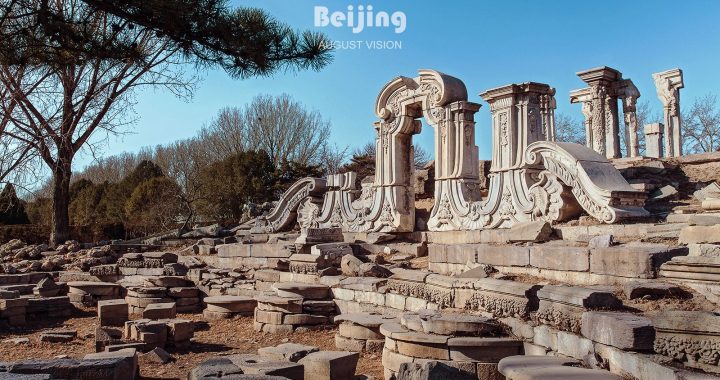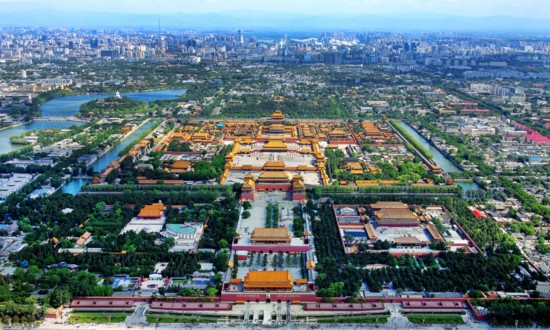Why Beijing Became the Capital?
2 min readHolding a strategically important position to confront with the Han regime in the south, Beijing was the capital of Liao, Jin and Yuan, the three northern minority dynasties before it became the capital of the Ming dynasty. Nanjing was the first capital of the Ming dynasty as it was an ideal choice for capital since ancient time. After the death of the first Ming Emperor Zhu Yuanzhang, his grandson assumed the throne and became the Jianwen Emperor who began to suppress feudal lords which was taken advantage by his uncle Zhu Di, the fourth son of Zhu Yuanzhang, to start the Jingnan Campaign in 1399.

Four years later, Zhu Di’s army took Nanjing, the Jianwen Emperor disappeared and Zhu Di was enthroned in Nanjing and known in history as Emperor Chengzu of the Ming dynasty. His enthronement was regarded as usurpation by the supporters of the Jianwen Emperor, that made him feel unsafe in Nanjing. At the same time, he lived i northern China for a long time and could not be accustomed to the weather in Nanjing. Therefore, the emperor preferred to move back to Beiping, his fiefdom while he was the prince. He did not openly discuss this to avoid the opposition of the courtiers. However, all the preparation went on as planned. Then, Beiping was renamed Beijing and was frequented by Zhu Di to expel the Mongolian armies. More and more time he spent in Beijing, more and more important Beijing became politically, militarily and culturally. When the time came, he ordered to build the Forbidden City and officially moved the Ming capital to Beijing in 1421.
